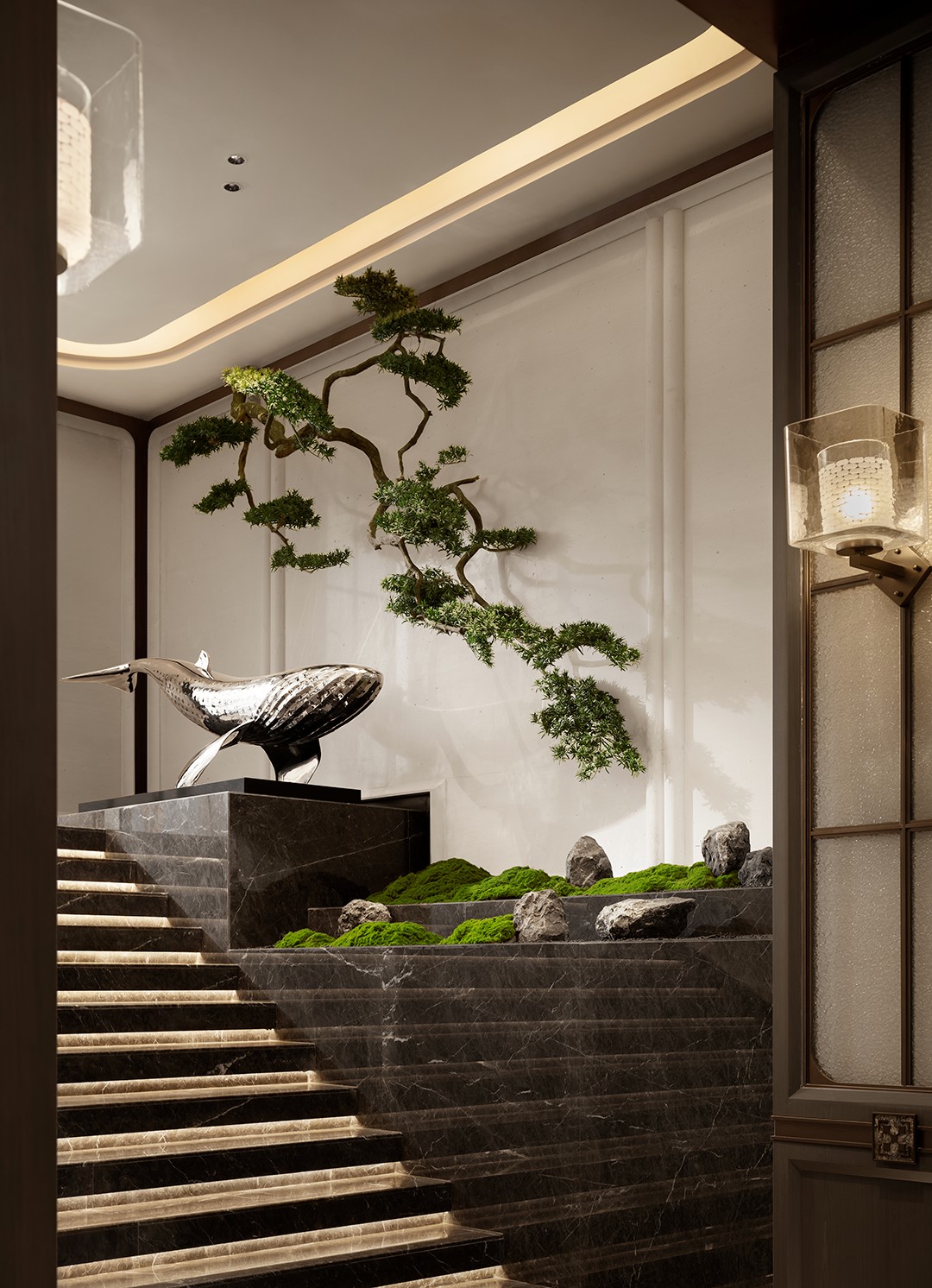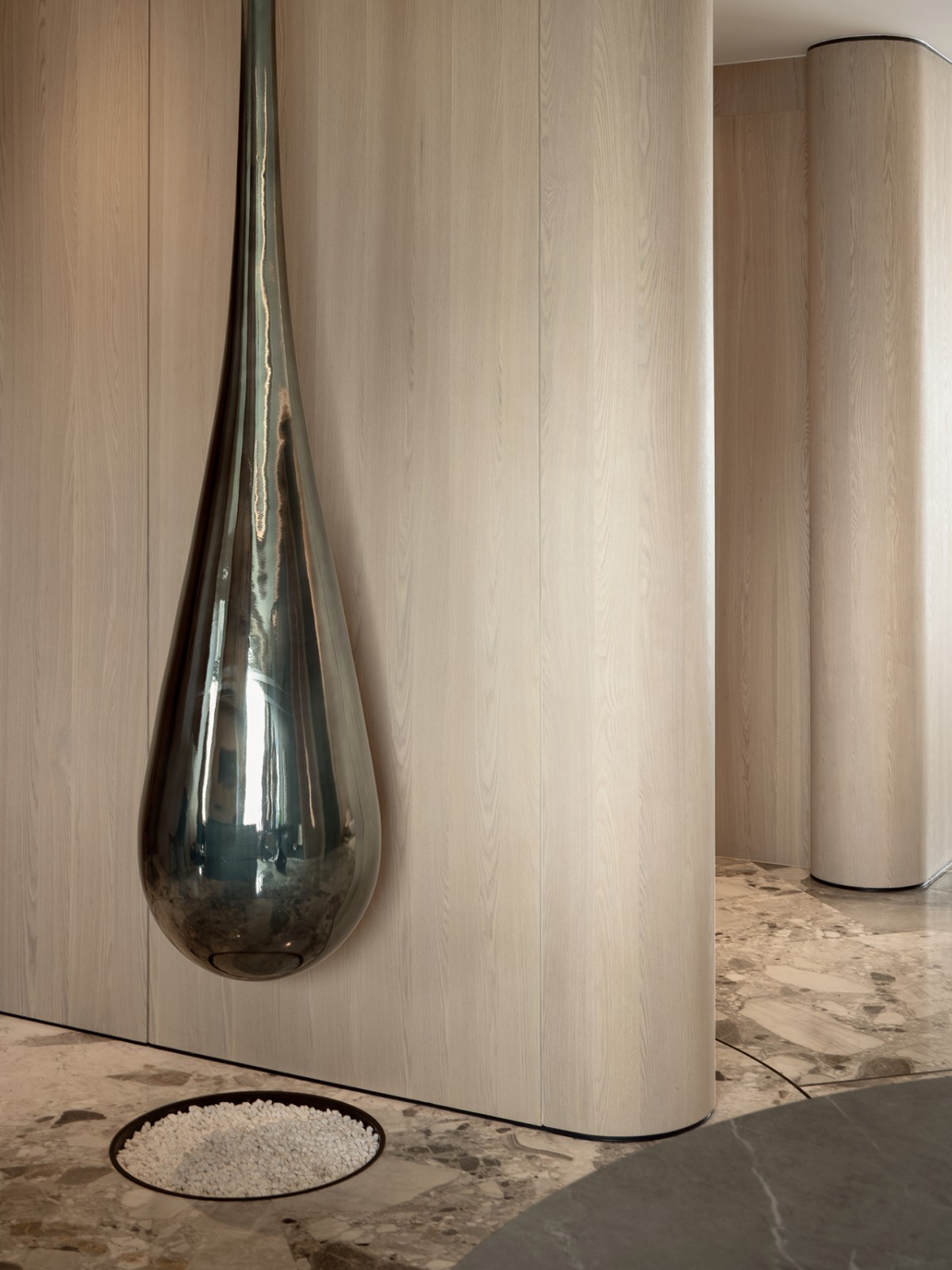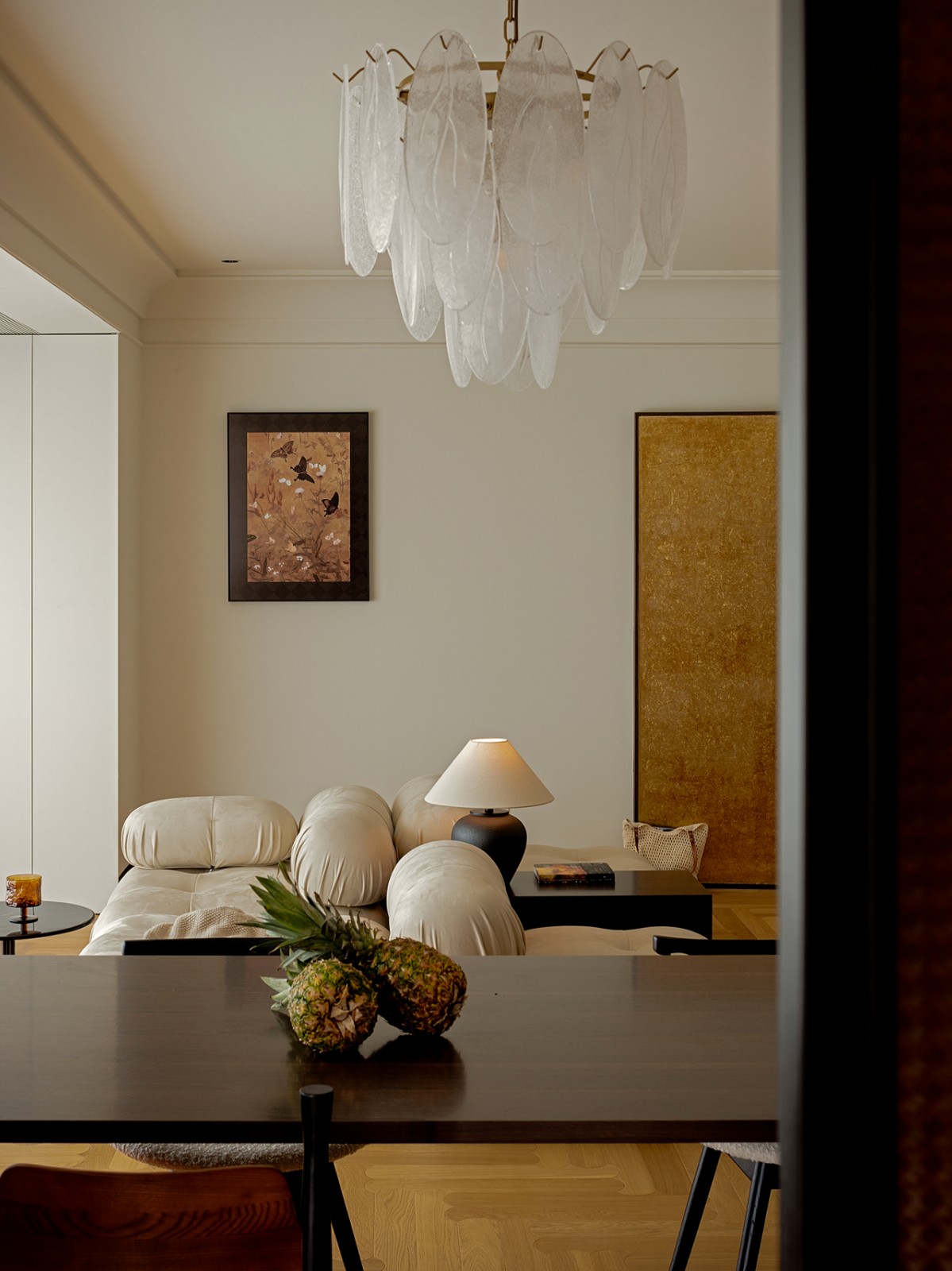Xuzhou City Wall Museum Continual Architecture
2018-05-29 00:00
架构师提供的文本描述。城墙博物馆是在古城南门东侧的古城墙遗骸(魁光门)上设计和建造的。这座古老的城墙是明代遗留下来的,埋了六百多年。古老的徐州,可以追溯到余朝,有着2600多年的城市建设历史.
Text description provided by the architects. The City Wall Museum is designed and built on the remains of the ancient city wall which locates on the east side of ancient city’s south gate (QuiGuang Gate). The ancient city wall was the remnant of Ming Dynasty and was buried for more than 600 years. Ancient Xuzhou, back to the dynasty of YU, has over 2600 years of city-construction history.
Wall Museum Aerial View. Image © Wei Qin
这座城市是几千年繁荣的勇士要塞。明代天启年间,黄河改道,洪水频繁发生,古城屡遭淹没。这座新城是在旧城之上的遗址上重建的,使徐州古城成为“城市下的城市,建筑下的建筑,街道下的街道”。
The city is warrior fortress with thousands of years of prosperity. In the year of TianQi in Ming Dynasty, the Yellow River was rerouted, floods frequently occurred, and the ancient city was repeatedly submerged. The new city was rebuilt on the site above the old city, which made relics of ancient Xuzhou as “City under City, Building under Building, Street under Street, and Well and Well.”
Elevation Proportion. Image © Wei Qin
城墙在现代语境中表达了传统建筑,对时间的错乱和连接进行了隐喻。博物馆是在地面和地下两层的高度发射的。底层是入口大厅和前厅,建筑的形式、群众和比例都遵循古城建筑的形态,与回龙窝历史街区的传统建筑和街道相对应,地下楼层是城墙环境的展示空间。
The City Wall expresses traditional architecture in modern context, to metaphor time staggering and linking. The museum is launched on the ground level and the underground level at two elevations. The ground floor is the entrance hall and the preface hall.The forms, masses and proportions of the building follow the shape of the ancient city architecture, in response to traditional buildings and streets in the site of Huilongwo history district.The underground floor is the exhibition space of city wall context.
East-West Landscape Axis. Image © Wei Qin
Historic Wall and Architecture Glass. Image © Wei Qin
隔墙以交错的方式排列,以构造空间层次和波动:空间狭长、明亮、连续或停顿,由于历史时间的切片场景,节奏的状态清晰地显示出来。展厅终于在一个户外花园里结束了,在那里可以看到北方古老的城墙,同时作为展览和空间建设,城墙将展厅的气质重新定义为简约、沧桑和真实。
Partition walls are arranged in a staggered manner to construct spatial levels and fluctuations:The space is narrow-long, or bright, or continuous, or pauses and the state of rhythm is clearly displayed due to the sliced scene of historical time. The exhibition hall is finally ended in an outdoor garden, where the ancient city wall can be seen in the north.As exhibits and space construction at the same time, the city wall redefines the temperament of the exhibition hall as simplicity, vicissitudes, and truth.
Architecture and Courtyard. Image © Wei Qin
一座桥悬在花园的东侧,通向西边的风景。在花园的地面上,采用多种折线的石阶桥接黄河河道,连接大桥东侧的瀑布,沿古城墙的外部流动,以比喻护城河的流动。在英寸之间,这已成为一种宏伟的趋势。
A bridge is cantilevered on the east side over the garden and leads a landscape view to the west. On the ground of the garden, dropped stone steps in multiple folding lines is used to bridge the course of Yellow River, connecting to the waterfalls on the east side of the bridge, which flows along the outer side of the ancient city wall, in order to metaphor the moat flows. Between the inches, it has become a majestic trend.
Exhibition Space. Image © Wei Qin
U Glass and Architecture Glass. Image © Wei Qin
这座博物馆是用白面混凝土和U形玻璃建造的.设计的目的是为了适应传统住宅的形象:白面混凝土对应于传统房屋的清洁水砖。立面U形玻璃拼接与传统的住宅木质拼接相对应.
The museum is constructed with fair-faced concrete and U-shaped glass. The design intents to fit traditional residential imaging: The fair-faced concrete corresponds to the clean water bricks of traditional houses. Facade U-shaped glass splicing corresponds to the traditional wooden splicing of residential houses.
History Recall. Image © Wei Qin
屋面中的U形玻璃与传统房屋中的屋顶瓷砖排列一致。白脸混凝土独特的光泽和质地使整个建筑的建筑质量深入人心。U形玻璃以其多重的漫反射和潮湿的玉状特征,重建了建筑空间的光环境。在园林中,在引桥上,将清水混凝土与古城墙和传统住宅清水砖墙进行了对比。在一张图片中有三个项目,时间的平衡和它们所呈现的紧张关系是深远的。
U-shaped glass in the roof is in line with the arrangement of roof tiles in traditional houses. Fair-faced concrete’s unique luster and texture renders the deep architectural qualities of the entire building. U-shaped glass reconstructs the light environment of the building space due to its multiple diffuse reflections and moist jade like character. In the garden, on the approach bridge, the fair-faced concrete is contrasted with the ancient city wall and the traditional residential clear-water brick wall. With three items in one picture, the balance of time and the tension they present are far-reaching.
Time difference in material. Image © Wei Qin
城墙博物馆是以失落的语境为基础的,并考虑了空间和时间的相关性和顺序。不连续的时间在连续的空间体验之间是联系在一起的。城市语境的延续是该地区时间的再表达,也是对时间的重新诠释。城墙博物馆重新思考了城市环境的延续,以小空间和小建筑作为催化剂,保护环境,保护城市和建筑。
The City Wall Museum is based on the lost context and considers the relevance and order of space and time. Non-continuous times are linked among successive spatial experiences. The continuation of urban context is a re-expression of the region’s time, and it is also a reinterpretation of time in the place. The City Wall Museum rethinks the continuation of urban contexts with tiny space and tiny building as catalysts, to guard contexts, and to protect the city and architecture.
Relationship Between New and Old. Image © Wei Qin
 举报
举报
别默默的看了,快登录帮我评论一下吧!:)
注册
登录
更多评论
相关文章
-

描边风设计中,最容易犯的8种问题分析
2018年走过了四分之一,LOGO设计趋势也清晰了LOGO设计
-

描边风设计中,最容易犯的8种问题分析
2018年走过了四分之一,LOGO设计趋势也清晰了LOGO设计
-

描边风设计中,最容易犯的8种问题分析
2018年走过了四分之一,LOGO设计趋势也清晰了LOGO设计




























































































